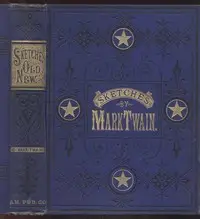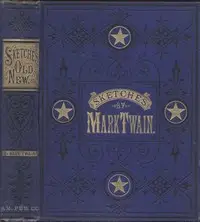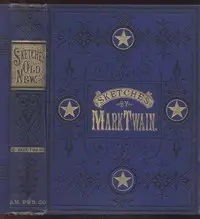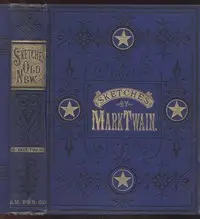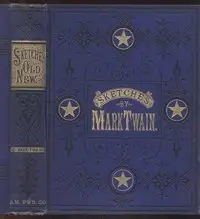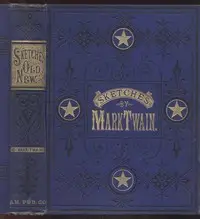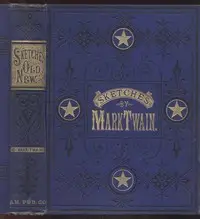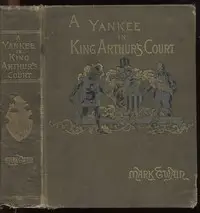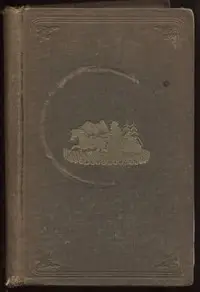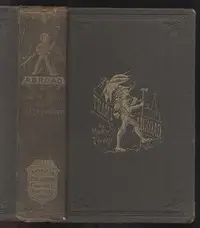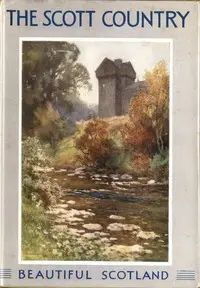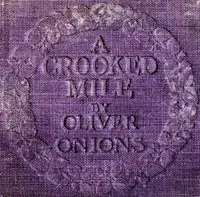"Sketches New and Old, Part 7" by Mark Twain is a compilation of funny essays and stories from the late 1800s that takes a look at life in America. Twain uses his sharp humor to poke fun at things like politics, how people act, and what society thinks is normal. Many of his stories are about everyday things, so people can easily connect with them. For example, Twain tells about meeting the funny guy Artemus Ward and exaggerates the time a train got stuck in the snow. These stories show how good Twain is at telling stories, mixing jokes with serious thoughts about society. His clever writing makes people laugh and think about important issues, all while keeping things light and fun.
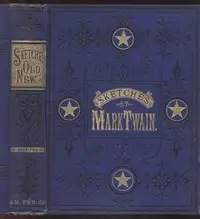
Sketches New and Old, Part 7.
By Mark Twain
Find out what happens when a country's biggest comedian meets the man of his dreams, and how a relaxing train trip turns into an outrageous fight to survive.
Summary
About the AuthorSamuel Langhorne Clemens, known by the pen name Mark Twain, was an American writer, humorist, and essayist. He was praised as the "greatest humorist the United States has produced," with William Faulkner calling him "the father of American literature." Twain's novels include The Adventures of Tom Sawyer (1876) and its sequel, Adventures of Huckleberry Finn (1884), with the latter often called the "Great American Novel." He also wrote A Connecticut Yankee in King Arthur's Court (1889) and Pudd'nhead Wilson (1894) and cowrote The Gilded Age: A Tale of Today (1873) with Charles Dudley Warner.
Samuel Langhorne Clemens, known by the pen name Mark Twain, was an American writer, humorist, and essayist. He was praised as the "greatest humorist the United States has produced," with William Faulkner calling him "the father of American literature." Twain's novels include The Adventures of Tom Sawyer (1876) and its sequel, Adventures of Huckleberry Finn (1884), with the latter often called the "Great American Novel." He also wrote A Connecticut Yankee in King Arthur's Court (1889) and Pudd'nhead Wilson (1894) and cowrote The Gilded Age: A Tale of Today (1873) with Charles Dudley Warner.

